Back
Anonymous
Hey I am on Medial • 1y
11. Strategic Choice: Emphasizes that strategy is fundamentally about making choices and trade-offs. Organizations must be willing to say no to opportunities that don’t align with their strategic goals. 12. Value Creation: Successful strategies are centered around creating value for customers, which in turn drives financial performance for the company. Understanding customer needs is crucial for developing compelling value propositions. 13. Competitive Landscape Analysis: Companies should analyze competitors’ strengths and weaknesses to identify opportunities for differentiation and advantage. Continuous monitoring of the competitive landscape is essential for staying ahead. 14. Stakeholder Alignment: Engaging and aligning stakeholders (employees, customers, suppliers) with the strategic vision is critical for execution. Strategy should resonate with and motivate all levels of the organization. 15. Innovation and Adaptability: The authors stress the importance of innovation as a driver of competitive advantage. Companies must be willing to evolve and adapt their strategies in response to changing market conditions and emerging trends. 16. Metrics for Success: Establishing clear metrics and KPIs helps measure progress towards strategic objectives and ensures accountability. Organizations should track both leading (predictive) and lagging (outcome-based) indicators. 17. Balancing Short-term and Long-term Goals: Organizations must strike a balance between achieving short-term results and pursuing long-term strategic objectives. This balance is vital for sustainable growth and profitability. 18. Team Collaboration: Effective strategy implementation requires cross-functional collaboration and communication. Departments should work together to ensure alignment with strategic goals. 19. Risk Management: A robust strategy includes an assessment of risks and uncertainties that could impact execution. Companies should develop contingency plans to address potential challenges. 20. Role of Culture: Organizational culture plays a significant role in strategy execution. A culture that supports risk-taking, innovation, and accountability fosters successful strategy implementation.
More like this
Recommendations from Medial
Mridul Chandhok
Entrepreneur and Ger... • 1y
3 things one must take care while working on a business strategy- 🌟 Set your long-term goals but give the most priority to short- term goals and divide them in short tasks to achieve, which eventually will lead to the achievement of your long-term
See MoreKetan Sojitra SMEDOST
•
Gujarathi Empire Group • 1y
CULTURE EATS STRATEGY FOR BREAKFAST, INNOVATION FOR LUNCH AND SUSTAINABILITY FOR DINNER! In 1991, the management guru Peter Ducker famously stated in the Wall Street Journal, “Culture eats strategy for breakfast.” Over three decades later, this qu
See MoreKetan Sojitra SMEDOST
•
Gujarathi Empire Group • 2m
✴️ Business system strategy speed is about building organizational agility to act decisively and adapt quickly by streamlining processes, empowering teams, leveraging tech, and fostering a culture of rapid learning, not just reacting; it involves cre
See More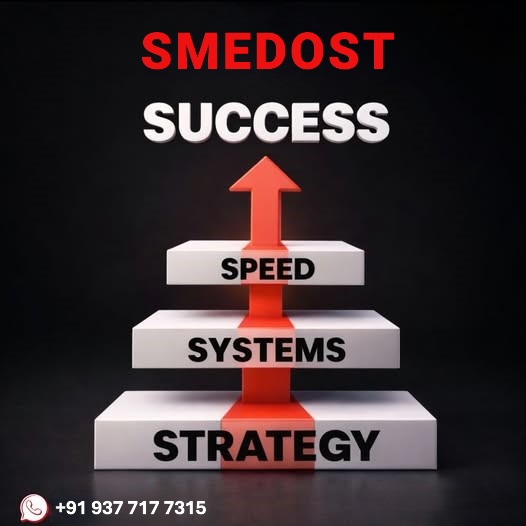
Mridul Chandhok
Entrepreneur and Ger... • 1y
I am looking for someone to join my consultancy business with a vision to help startups with strategy and growth planning. We intend to include creative strategies together to help the startup achieve their shorts- term and long- term goals You can
See MoreDownload the medial app to read full posts, comements and news.



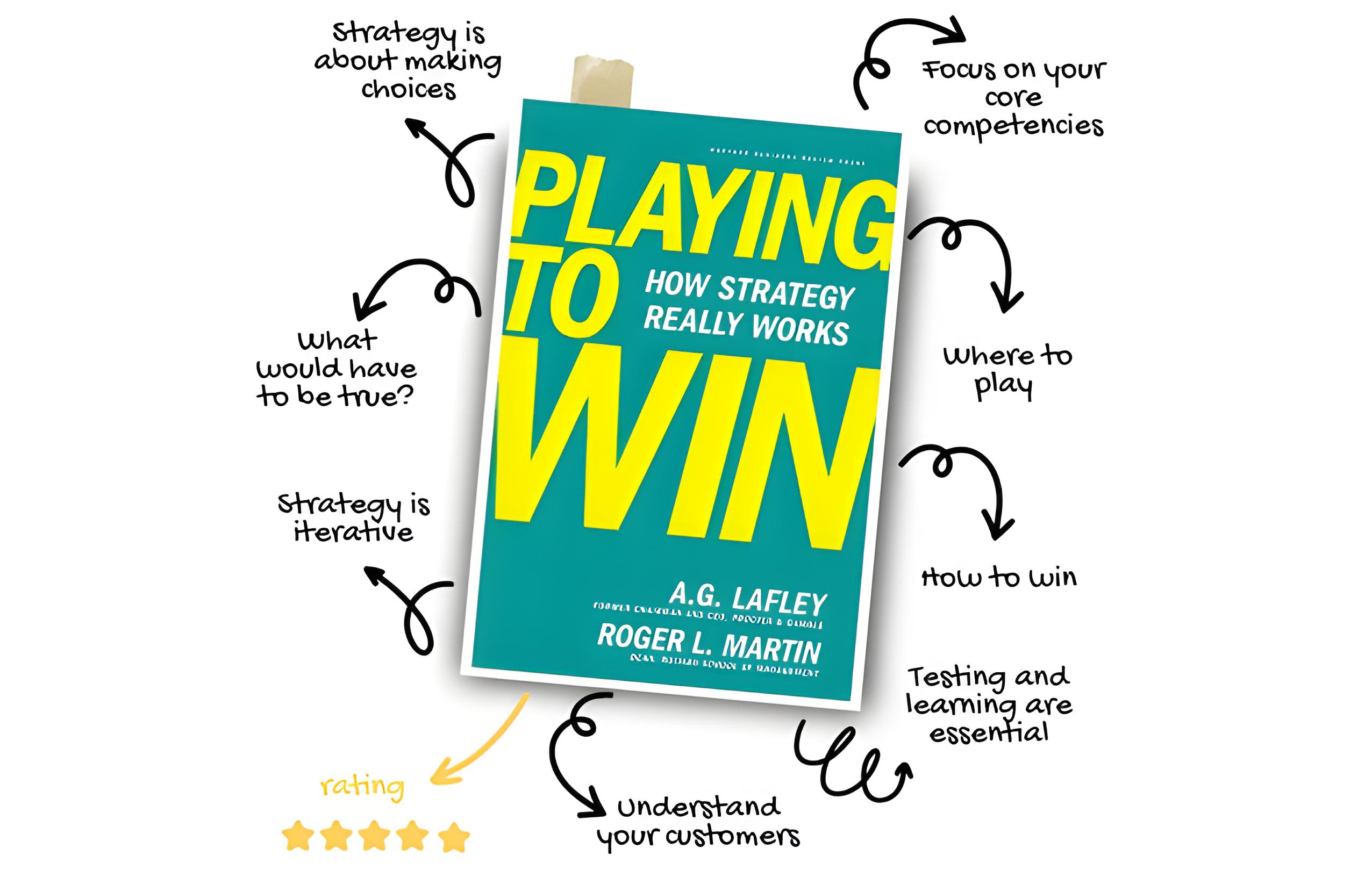


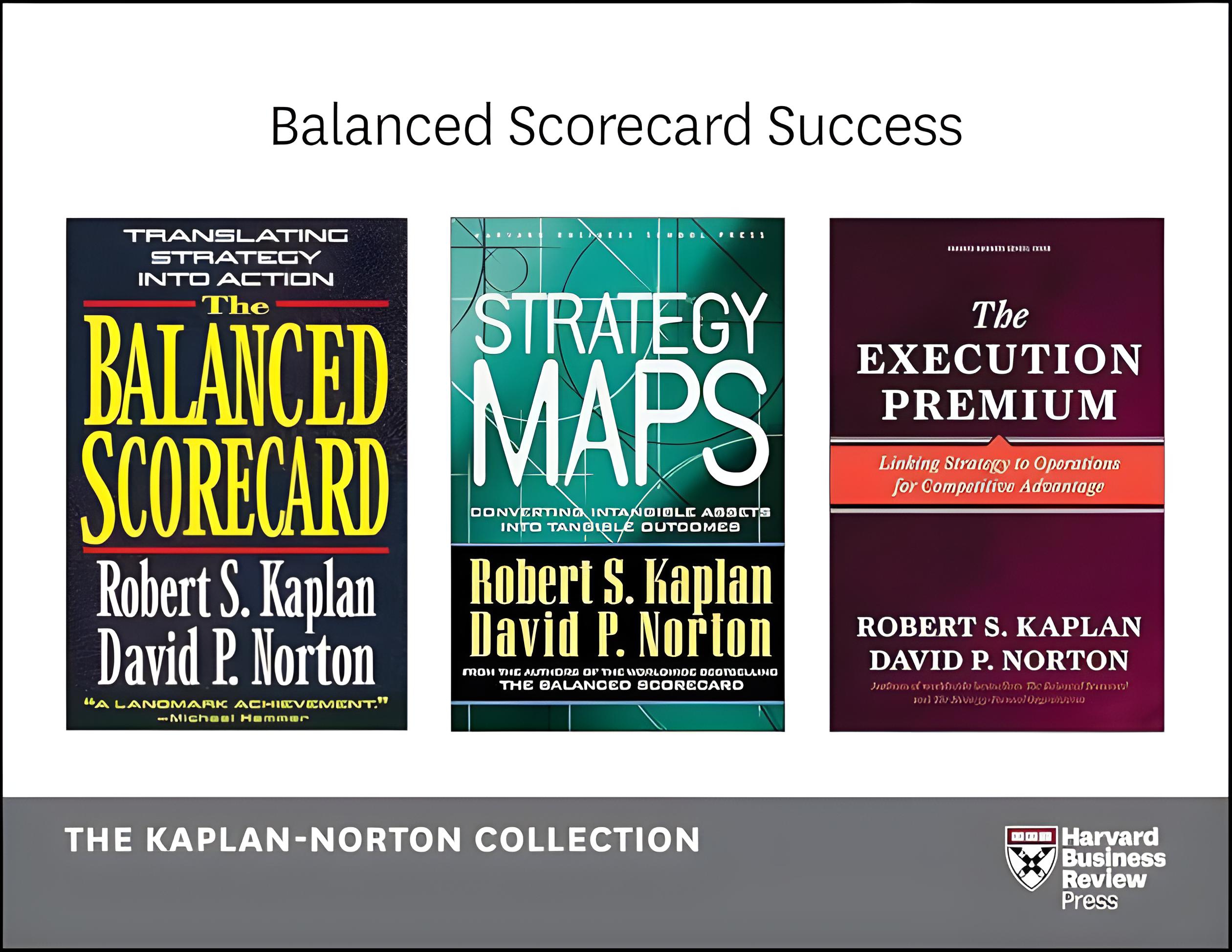
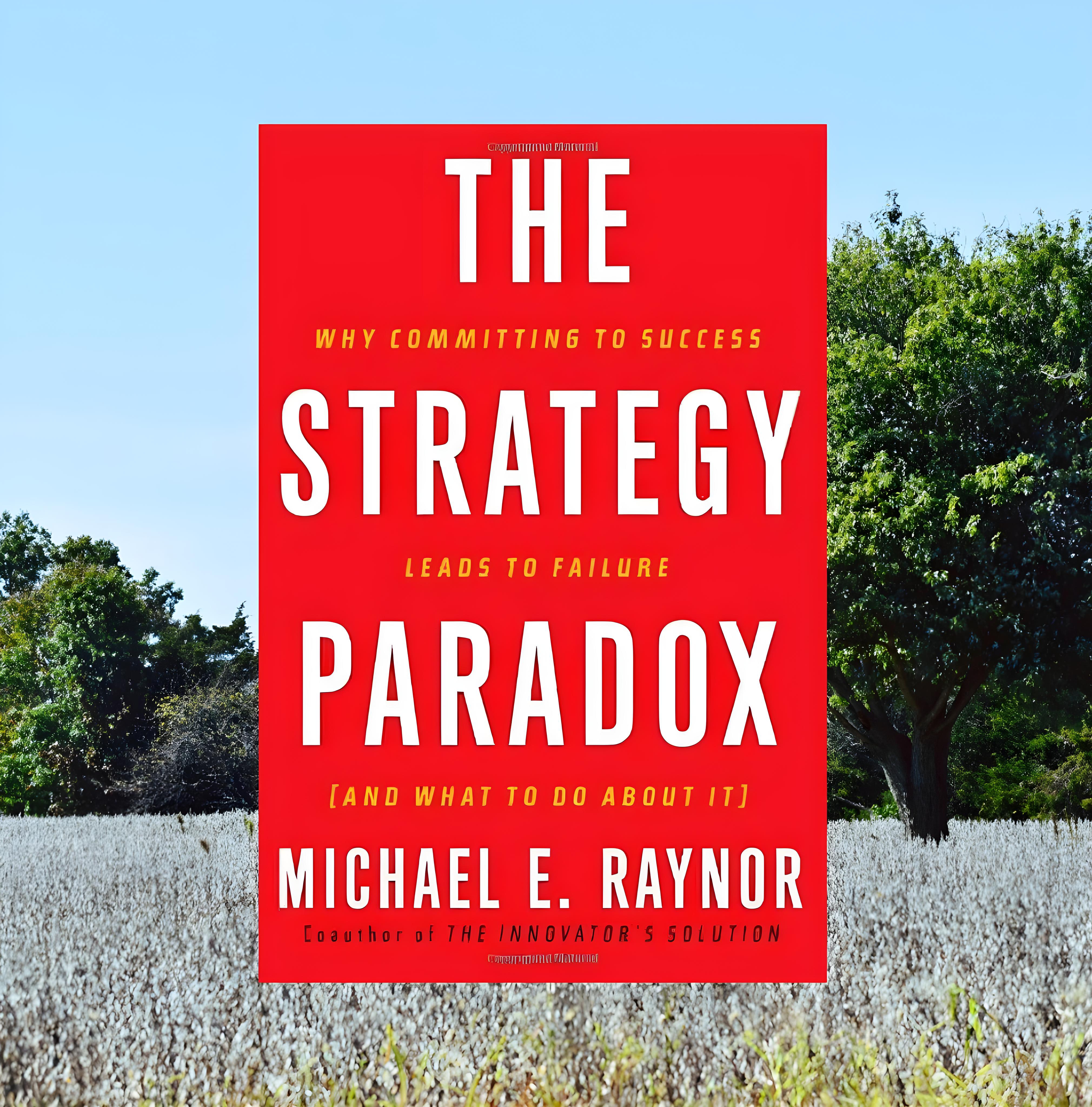
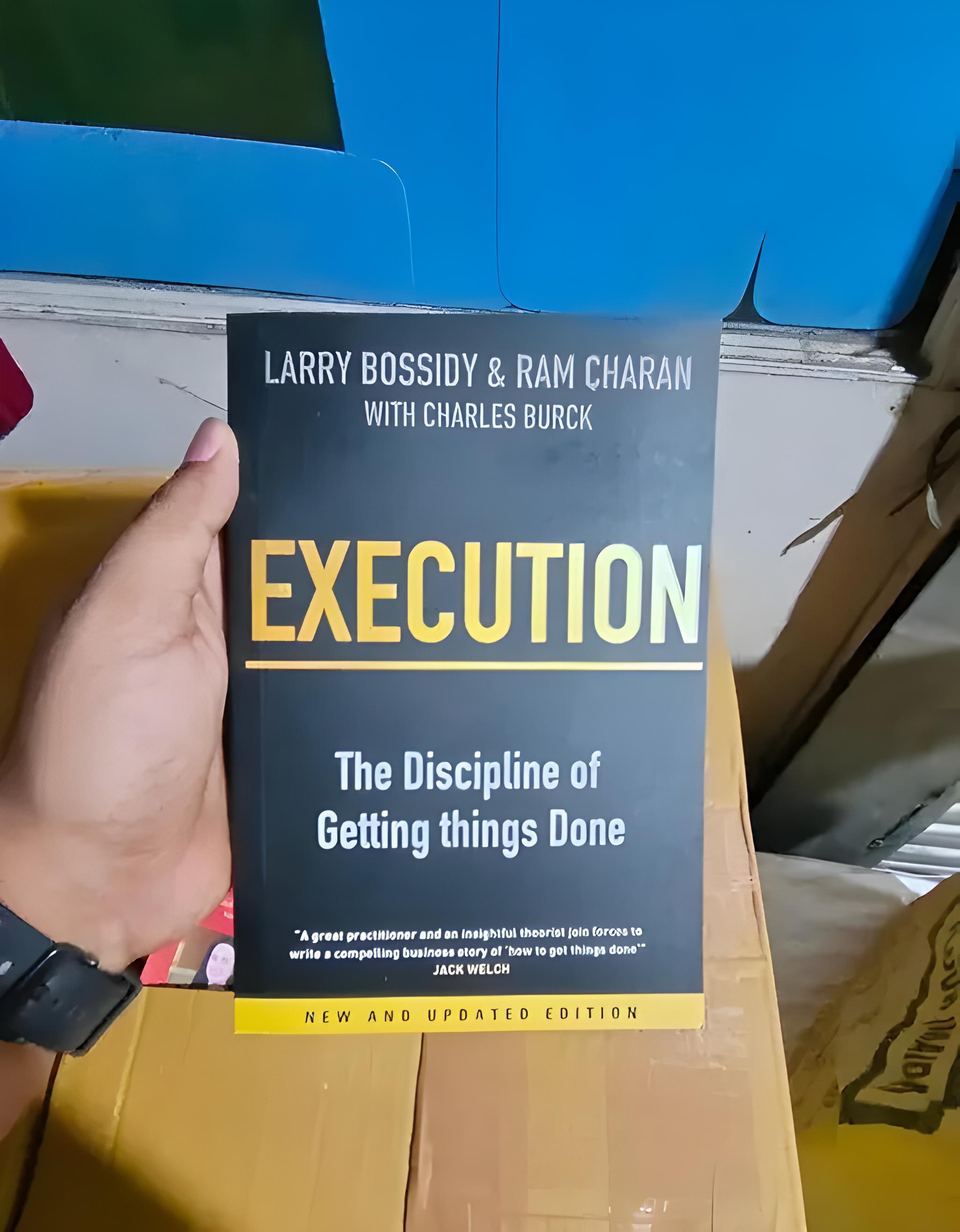



/entrackr/media/post_attachments/wp-content/uploads/2021/08/Accel-1.jpg)




















